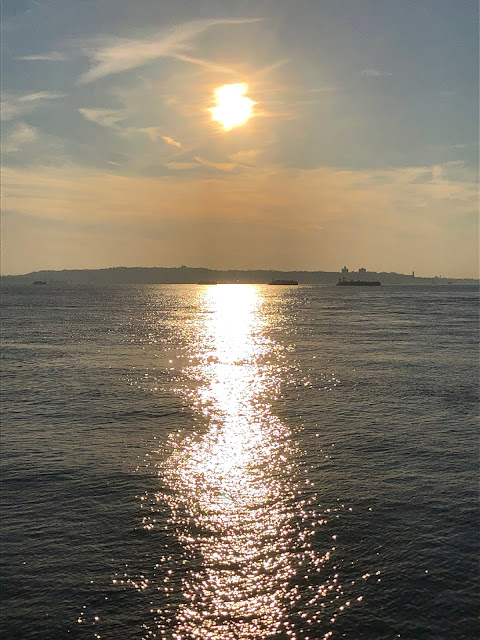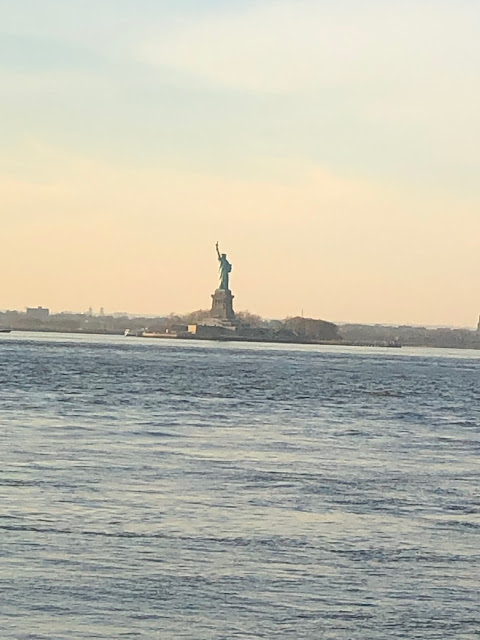Some elite racers continue to ride after retiring from competition. Then there others—like Jacques Anquetil, the first five-time winner of the Tour de France—all but stopped cycling. From the time he retired in 1969 until his death in 1987, he mounted his bike only three times. “I have done enough cycling,” he declared.Following in his footsteps or tire tracks, it seems, is Sir Bradley Wiggins, who won the 2012 Tour. He says he no longer rides a bicycle, although his reason is different and he coaches his son in his racing career.
That last fact is very interesting when you consider the first British TdF winner’s reasons for hanging up his bike. “A lot of my cycling career was about running from my past,” he explains. “It was a distraction.”
That past included a father—who just happened to be a six-day race champion in Australia—who was absent until Bradley, at 19, was beginning his career. The elder Wiggins showed up in Belgium, where the young rider was racing.
Bradley described it as “probably the hardest day of his life” even though spectators at the track in Ghent were cheering him. His father, broke and broken, regaled him with stories of how he “beat everybody in Europe.” Then, while, squeezing his newly-found son’s arm, he delivered a verbal coup de grâce: “Just don’t forget, you’ll never be as good as your old man.”
(Is that the start of an Oedipal conflict, or what?)
Reading that reminded me of someone I knew who ran for the track teams of her high school and college. She told me that one day, she was out for her daily training run—a ritual she continued after she graduated and no longer was competing—when she stopped in her tracks and wondered aloud, “Why am I doing this?” She realized that she, like Sir Bradley, was running from a traumatic past—which, in her case, included sexual abuse from her brothers.
Speaking of which: before the “reunion” with his father, he had been sexually abused—at age 12, by a youth cycling coach.
In a strange, terrible way, Sir Bradley Wiggins has—besides his Tour de France victories and World Championships—something in common with Anquetil and other cyclists who rode little or not at all after retiring from competition. Jacques and other riders—almost none of whom attained anything near his level of success—grew up poor or working-class. For them, the bicycle was a vehicle of escape from the farm or factory. Once they could afford a nice house and car, the bicycle became a symbol of a past from which they were trying to ride away—just as it was for Sir Bradley Wiggins.







